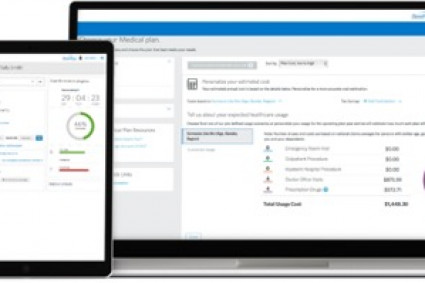
Navigating the intricate landscape of employment regulations can be challenging, especially when it comes to IR35 in the UK. One essential tool that aids in this process is the IR35 Assessment Calculator. In this article, we’ll delve into the significance of the IR35 Checker and unravel the complexities surrounding the determination of your IR35 status.
What is IR35?
IR35, officially known as the Intermediaries Legislation, was introduced in the UK to prevent tax avoidance by individuals working through intermediaries, such as limited companies. The legislation aims to identify and tax individuals who, in essence, are employees but operate through a corporate structure to gain tax advantages. Understanding the implications of IR35 is crucial for both contractors and businesses.
Why Check IR35 Status?
Determining your IR35 status is vital for ensuring compliance with tax regulations and avoiding potential penalties. If you fall within the scope of IR35, you may be considered an employee for tax purposes, requiring you to pay income tax and National Insurance Contributions (NICs) like any other traditional employee. On the other hand, being outside IR35 allows you to maintain your status as a genuine contractor, preserving the associated tax benefits.
What Does it Mean to be Inside IR35?
Being inside IR35 means that the nature of your engagement is more like an employee-employer relationship than that of a contractor. In such cases, HMRC deems that you should be subject to the same tax obligations as a regular employee. This includes income tax, NICs, and potentially other employment-related benefits.
What Does it Mean to be Outside IR35?
Conversely, being outside IR35 implies that your working arrangement aligns more with that of a genuine contractor. In these cases, you enjoy the tax advantages associated with operating through a limited company. Contractors outside IR35 are responsible for handling their tax affairs and are not subject to the same level of tax as employees.
Who Will Get Affected with IR35?
The impact of IR35 extends to both contractors and the businesses engaging them. Contractors operating through intermediaries, such as limited companies or personal service companies (PSCs), must assess their IR35 status. Businesses that engage contractors also play a pivotal role, as they bear responsibility for correctly determining the IR35 status of those they hire.
Determining Where You Fit in the IR35 Legislation
Understanding the nuances of IR35 requires a closer look at specific factors that influence your status. Three key factors include:
Supervision, Direction, and Control: In an employment relationship, the level of control exerted by the client or employer over the contractor is crucial. If you find yourself subject to close supervision, direction, and control in your work, it may indicate an inside IR35 scenario.
Substitution: The ability to send a substitute in your place is a hallmark of a genuine contractor. If your contract allows for substitution, it indicates a level of independence and could strengthen your case for being outside IR35.
Mutuality of Obligation (MOO): MOO refers to the obligation for the client to provide work and the contractor to accept it. In an inside IR35 scenario, a consistent expectation of work and payment, resembling an employment relationship, is likely present.
Understanding your IR35 status is imperative for contractors and businesses alike. The IR35 Checker serves as a valuable tool in this process, helping individuals and organizations make informed decisions about their tax obligations. By evaluating factors such as supervision, substitution, and mutuality of obligation, you can better position yourself to navigate the complexities of IR35.
For personalized guidance on your IR35 status, it is highly recommended to seek professional advice from contractor accountants who specialize in employment tax regulations. They can provide tailored insights, ensuring that you make informed decisions aligned with the latest legislation.




